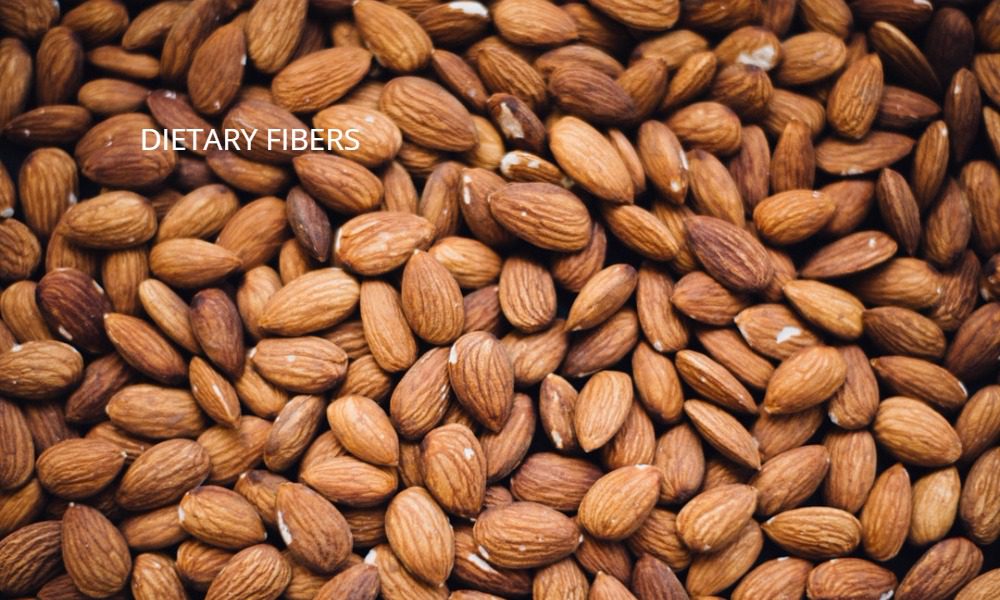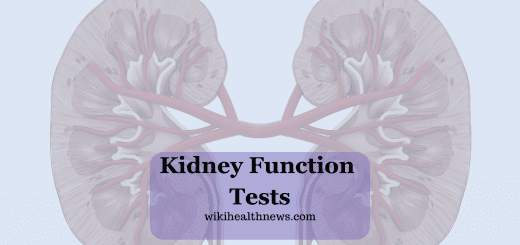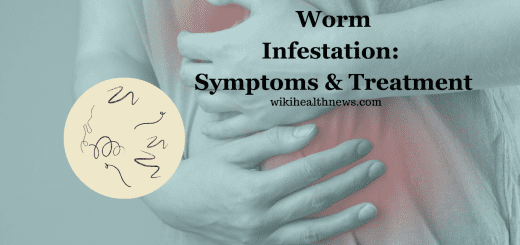YOUR DIET AND DIETARY FIBERS : HOW MUCH YOU NEED?

YOUR DIET AND DIETARY FIBERS : HOW MUCH YOU NEED?
1. What is the daily recommendation of dietary fibers intake ?
Current recommendations from the United States National Academy of Sciences, Institute of Medicine, state that for Adequate Intake, adult men ages 14–50 consume 38 grams of dietary fiber per day, men 51 and older 30 grams, women ages 19–50 to consume 25 grams per day, women 51 and older 21 grams.
2. Which foods will increase fiber in your diet?
- Change to a breakfast cereal that is high in fibre; add some extra bran, dried fruit or nuts.
- Porridge oats are good as they contain soluble fiber.
- Replace wholegrain bread in place of white bread.
- Take salad items such as lettuce, grated carrots and tomatoes
- Eating fresh fruit with the skin on as a snack
- Use wholegrain pasta instead of plain pasta .
- Bulk up stews by adding fresh vegetables, barley, lentils and chickpeas
- Keep the skin on fruits and vegetables, rather than peeling them.
- Baked beans.
- Use brown rice rather than the more refined white rice.
- Most fiber is contained in the outer layers of grains; the refining process removes these layers.
- Seeds and nuts can be a good source of added fiber.
3. How dietary fibers regularizes bowel movements ?
Dietary fiber increases the weight and size of your stool and softens it.
If you have loose, watery stools, fiber may help to solidify the stool because it absorbs water and adds bulk to stool.
4. How dietary fibers helps to control blood sugar levels ?
In people with diabetes, fiber particularly soluble fiber — can slow the absorption of sugar and help improve blood sugar levels.
A healthy diet that includes insoluble fiber may also reduce the risk of developing type 2 diabetes.
5. How dietary fibers lowers cholesterol levels ?
Soluble fiber found in beans, oats, flaxseed and oat bran may help lower total blood cholesterol levels by lowering low-density lipoprotein, or “bad,” cholesterol levels.
6. How dietary fiber helps in weight loss ?
High-fiber foods tend to be more filling than low-fiber foods, so you’re likely to eat less and stay satisfied longer. That reduces total calorie intake . Hence it helps to reduce the weight.











